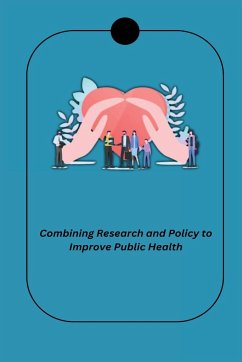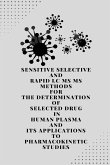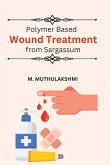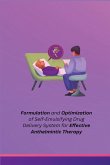Early in the study of public health, most students come across the famous quote from the nineteenth-century German pathologist and social reformer Ruddolf Virchow: 'Medicine is a social science and politics is nothing else but medicine on a large scale' (Aston, 2006). The phrase has been used and abused many times since but is usually invoked to draw a link between medicine and public health on the one hand and politics on the other hand. The coronavirus 2019 (COVID-19) pandemic that ravaged the world and the efforts to address it have made the link between public health and politics very visible to all. Specifically, the pandemic has demonstrated that the choices that governments make to address infectious disease threats are necessarily and inherently informed by both scientific evidence and a host of other economic, social, and ethical considerations. Reconciling these sometimes-conflicting imperatives is the stuff of politics. But Virchow's understanding of politics was very particular, as revealed in the second and less well-known part of his statement. After characterizing politics as medicine on a larger scale, Virchow went on to write, 'Medicine as a social science, as the science of human beings, has the obligation to point out problems and to attempt their theoretical solution; the politician, the practical anthropologist, must find the means for their actual solution' (Aston, 2006). For Virchow, indeed for many in public health, politics is a practical matter, something that is done by politicians, and something that can and should be informed by the insights of medicine and, by extension, public health sciences such as epidemiology. Unfortunately, translating scientific evidence into public policy is a messy business indeed. Moreover, medicine and public health have few effective tools for systematically understanding the choices governments make, much less the broader complexities of politics.








